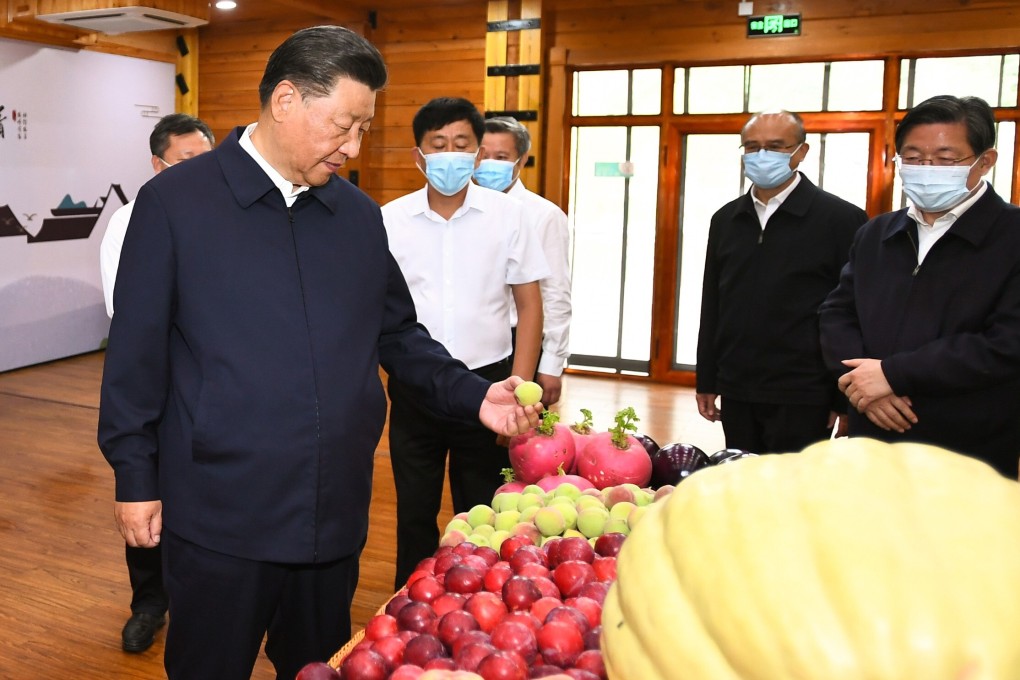Advertisement
China’s common prosperity push does not mean ‘killing the rich’, official says
- President Xi Jinping’s rhetoric on common prosperity, which calls for the people to share in the opportunity to be wealthy, has surged this year
- Notion of common prosperity dates back to the 1950s and Mao Zedong, before fellow former leader Deng Xiaoping repeatedly mentioned the idea in the 1980s
3-MIN READ3-MIN
2

China’s push for “common prosperity”, as President Xi Jinping aims to decrease inequality in the world’s second-largest economy, does not mean “killing the rich to help the poor”, a ruling Communist Party official said on Thursday.
China must also “guard against falling into the trap of welfarism”, Han Wenxiu, an official at the central financial and economic affairs commission, said at a briefing in Beijing.
Those who “get rich first” should help those behind, but hard work should be encouraged, he said.
Advertisement
“We cannot wait for help, rely on others for help, or beg for help. We cannot support layabouts.”
Advertisement
China has said it will protect legal income but “rationally adjust excessively high” incomes, according to a meeting chaired by Xi earlier this month. High income groups and firms are also being encouraged to contribute more to society.
Advertisement
Select Voice
Select Speed
1.00x